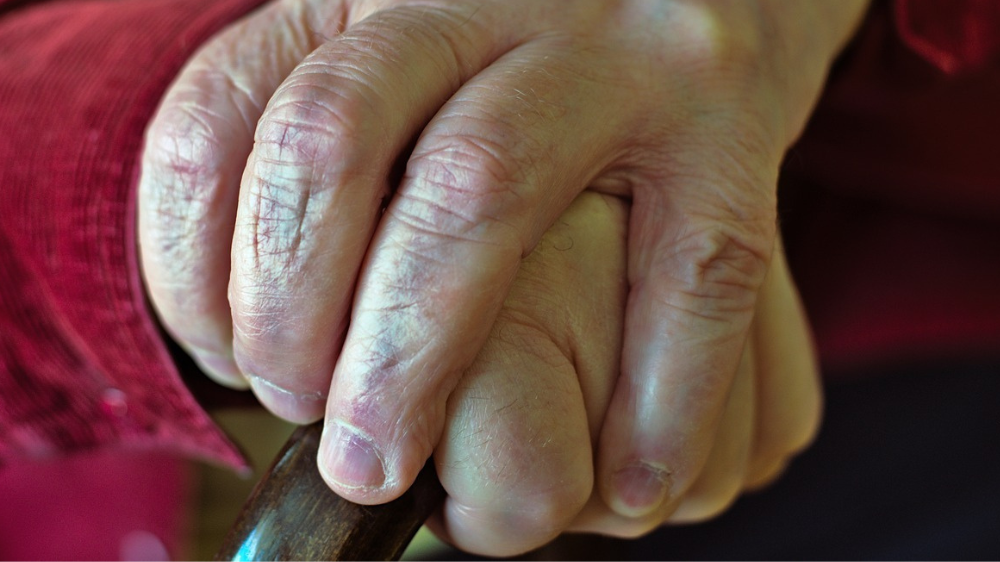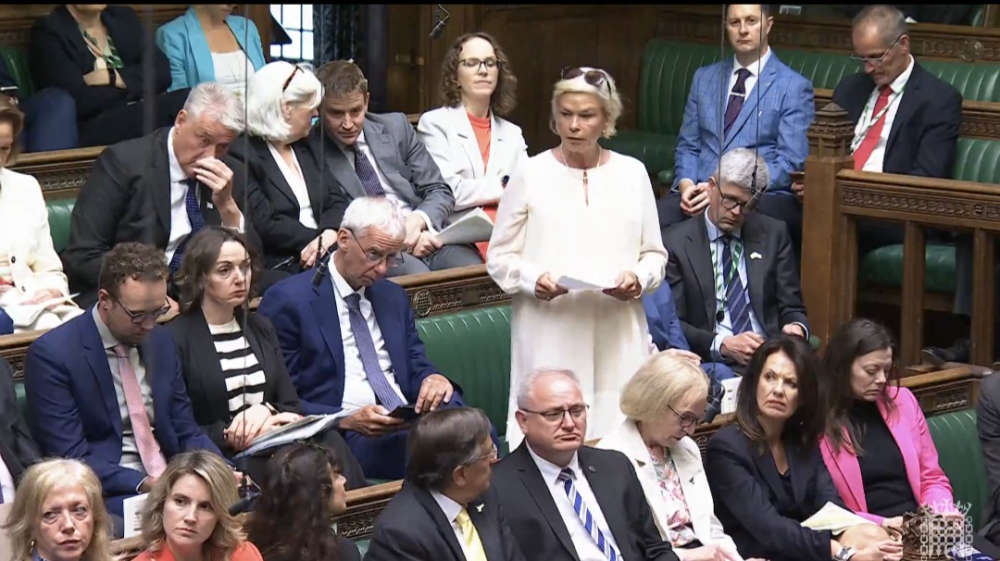
Better contracts being made a priority
Plymouth City Council is looking at getting a better deal for carers and the people they support so they can continue living independently.
The health and adult social care overview and scrutiny has been told that if domiciliary care fails, the whole adult social care system falls down. They have been hearing plans to redesign the service.
At 1,019, the number of people receiving care in their own homes in the city is at its highest since July 2021. Waiting figures for a care package have reduced from 50 to 15 and the picture has steadily been improving since the end of 2022.
The council’s head of commissioning, Emma Crowther, told the committee that 14,000 care hours are spent each week in the sector and that the council wants longer, more meaningful contracts with providers and carers forming better links with community groups.
She said since covid, the council is taking a more pro-active rather than re-active role.
“Domiciliary care is a critical service to keep people in their own homes with dignity and independence,” she said.
“It’s one of the foundations of adult social care and if that fails, it all falls down.
“It was put under significant pressure by covid 19, with all the changes in guidance and requirements around health and safety.
“We cannot underestimate how absolutely exhausting it was for these workers to keep going through covid and we are forever grateful that they did.”
She said the council commissions 20 businesses to provide domiciliary care on two or three year contracts and carers were “hopping about everywhere.”
The council wants carers to have their own patches, with contracts that “encourage ownership” of an area.
“There is a real opportunity here to help with loneliness and isolation and that sense of ‘Oh have you thought about the club on Tuesday around the corner’,” she said.
Cllr John Stephens welcomed carers sticking to a locality so they could find out about lunch clubs, friendship groups and other activities.
Councillors said carers might like their current working arrangements and might not want to change, and stressed the importance of pay. The standard domiciliary hourly rate paid by the city council is £22.50 to providers and the total domiciliary care budget £13.6 million. Carers are usually on the minimum or living wage.
Cllr Patrick Nicholson told the meeting: “Councillors are criticised for influencing adult social care by the lack of money from government, and the amount that councils pay and that has a disproportional impact on the services we can provide to the public,” he said.
Emma Crowther said: “Anything we can do to help our carers to become appropriately rewarded is a priority.”
New contracts will be put in place at the end of 2024 and the council will be talking to clinicians, the Integrated Care Board (ICB), Livewell (which provides integrated health and social care services across Plymouth) and others.
Carers, people who are cared for and their families are being urged to get involved in shaping the future of the service.
“We want to put people at the centre of this to make sure the service is designed around them and that we are paying a fair price that supports workers, the resisilence of the service and offers value for money,” said Cllr Crowther.
“The more lively and furious the better as good commissioning comes from the people who use it.”
To make your views known contact: jointcommissioning@plymouth.co.uk
 Pension changes could hit public sector workers
Pension changes could hit public sector workers
 Saved! BT phone box at Compton
Saved! BT phone box at Compton
 Barnstaple woman pulls out own teeth
Barnstaple woman pulls out own teeth
 Bird house destroyed in Exmouth fire
Bird house destroyed in Exmouth fire
 Exeter man wanted for recall to prison
Exeter man wanted for recall to prison
